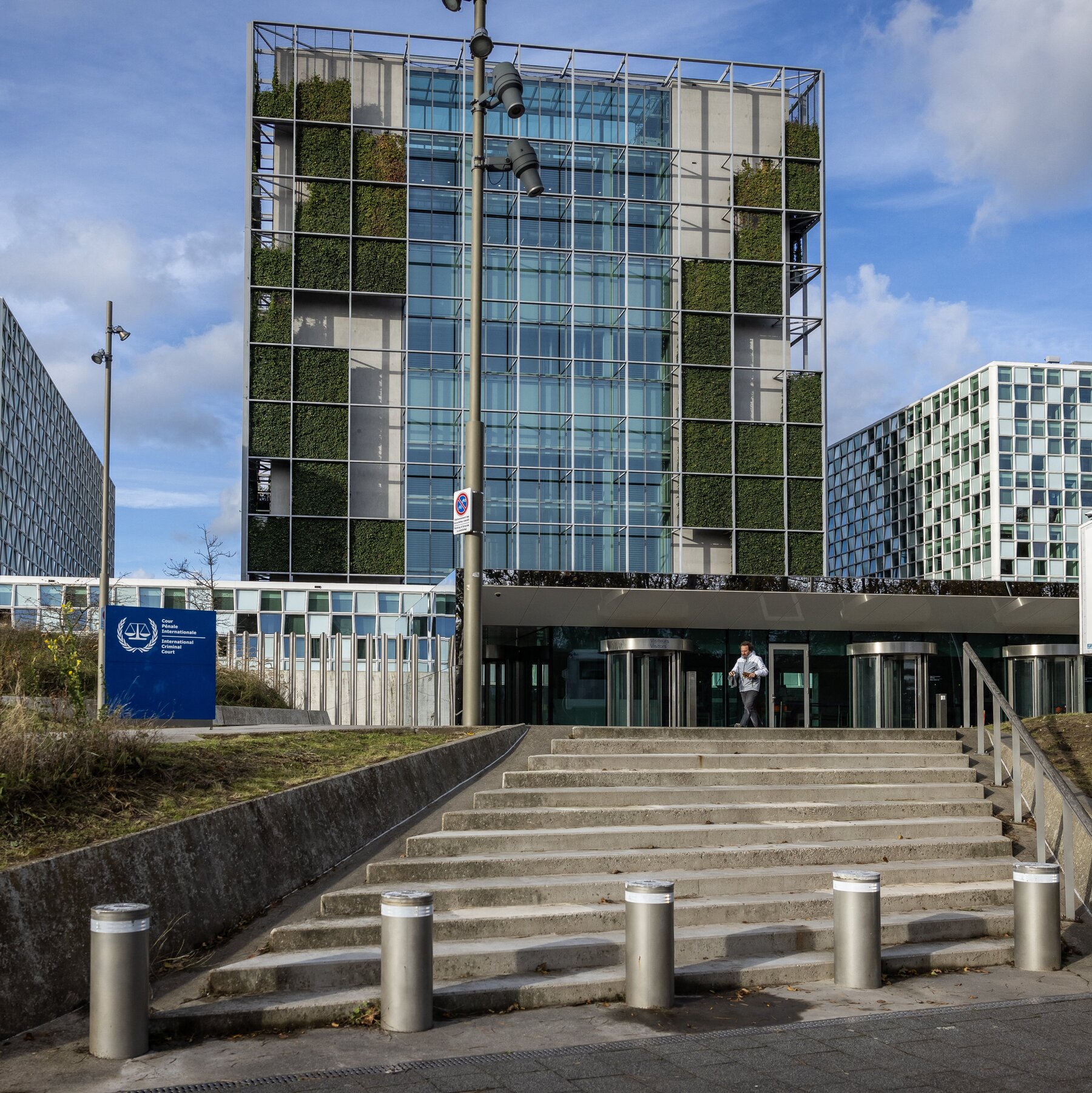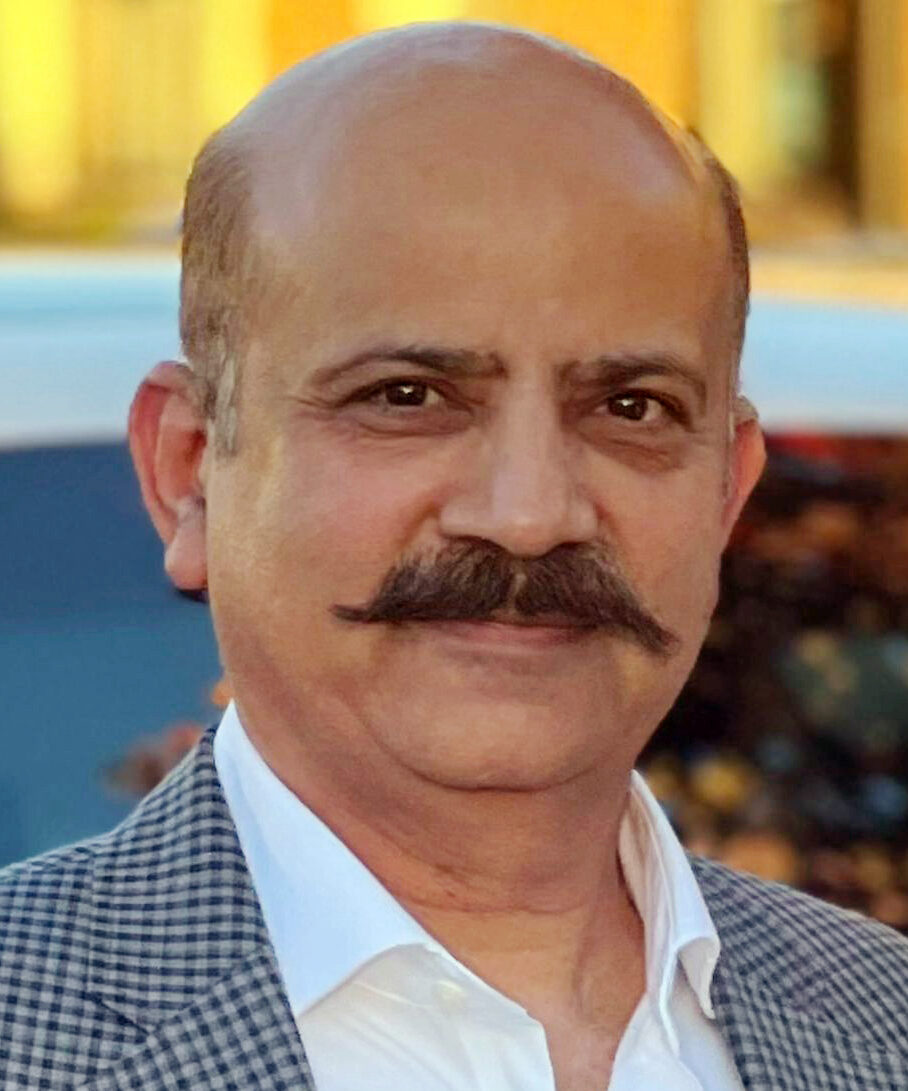How Can the I.C.C. Prosecute Leaders of Israel, Which Is Not a Member?

You have a preview view of this article while we are checking your access. When we have confirmed access, the full article content will load.
The jurisdiction of the court in The Hague can extend beyond member states.

The arrest warrants issued this week by the International Criminal Court for leaders of Israel and Hamas, for crimes it accuses them of committing in Gaza, offer important insights into both the extent of the court’s jurisdiction and the limits of its power.
Here is what to know about the court’s legal reach, as it seeks the arrests of Prime Minister Benjamin Netanyahu of Israel; his former defense minister, Yoav Gallant; and the chief of Hamas’s military wing, who may or may not be still alive.
Why does the court claim jurisdiction in the case?
More than 120 countries have joined an international treaty, the Rome Statute, and are members of the court. The court, based in The Hague, in the Netherlands, was created more than two decades ago to prosecute crimes against humanity, war crimes, genocide and the crime of aggression.
The court has accused Mr. Netanyahu and Mr. Gallant of using starvation as a weapon of war, among other charges, in the conflict with Hamas in Gaza. And it accused Muhammad Deif, a key plotter of the Oct. 7, 2023, attack in Israel, of crimes against humanity, including murder, torture, sexual violence and hostage taking.
Powerful countries, including Russia, the United States and China, do not recognize the authority of the court. They have not ratified the Rome Statute, do not honor international warrants issued by the court and would not turn over their own citizens for prosecution.
Neither Israel nor Gaza are members of the court. But while many nations do not recognize a State of Palestine, the court has done so since 2015, when leaders of the Palestinian Authority, which controls much of the West Bank, signed on.





